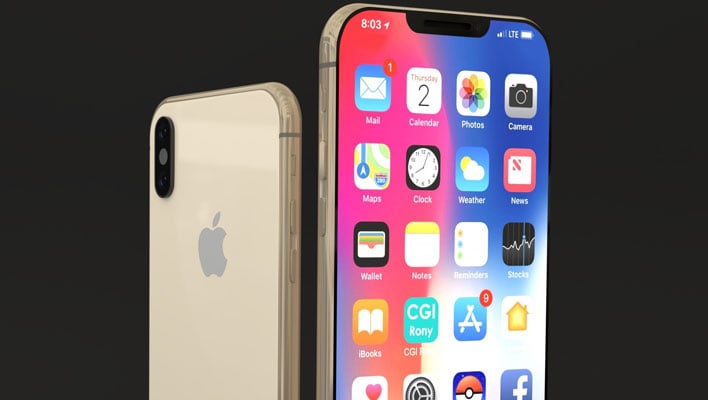Apple's First In-House 5G Modems Aggressively Targeted For 2021 iPhones But We’ll See

Apple on Thursday announced that it is acquiring Intel's modem chip business for $1 billion, a move that makes sense for both companies—Apple is dead set on developing as much of its iPhone hardware in-house as humanly possible, and Intel has said on numerous occasions that it is now a datacenter company. What is surprising, however, is Apple's supposed ultra-aggressive timeline for injecting its own 5G modems into some of its hardware. The perhaps unrealistic goal is reportedly set for 2021.
Let's take a step back for a moment. As 5G connectivity started coming into view, it looked like Apple and Qualcomm would be partially distracted by years of contentious litigation over 4G LTE and 5G patents, royalty payments, and the such. But then in April of this year, the two sides suddenly reached a surprise chip licensing deal that saw both companies drop all pending lawsuits.
As part of the deal, Apple agreed to pay an undisclosed payment to Qualcomm, and embark on a six-year licensing agreement, with a two-year option to extend it even further. The deal effectively secures Apple and its iPhone handsets for Qualcomm's modems, and most notably its all-important 5G hardware for next-gen connectivity.
Now here's where things get even more interesting. Following the buyout of Intel's modem chip business, Reuters reports hearing from a "person familiar with the matter" that Apple plans to use Qualcomm's modems technology inside a 5G-capable iPhone handset in 2020, but hopes to have its own internally developed 5G modem technology inside some of its products in 2021.
The report is careful not to peg the iPhone specifically, and instead references "some of [Apple's] products," but the iPhone is the obvious candidate. It's possible that Apple could be looking at injecting its MacBook systems as well by 2021, or test the waters with its iPad line or even its HomePod speaker.
As it pertains to the iPhone, however, that is probably an unrealistic time frame. As much as Apple wants to be fully self-reliant on hardware components, transitioning from established designs is not something that happens overnight. Apple is in position to milk its agreement with Qualcomm and perhaps even renegotiate terms, while it hammers out its own 5G hardware.
There is no immediate rush, in other words. Apple has not exactly been in a rush to push out a 5G iPhone, at least as it relates to beating the competition—Samsung and others have already beaten Apple to the punch bowl.
The other thing to consider is that 5G networks are not exactly plentiful at the moment. They have started to roll out in major cities, but even in 2021, 5G networks will still likely be the exception in most parts of the country.
Time will tell, but if Apple does deliver a 5G iPhone in 2021, we suspect it will be rocking a Qualcomm modem.

